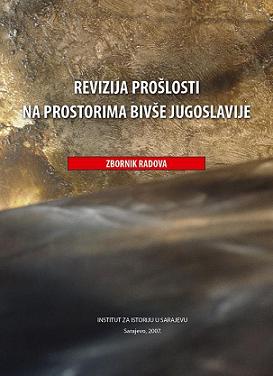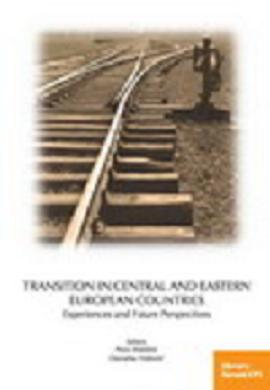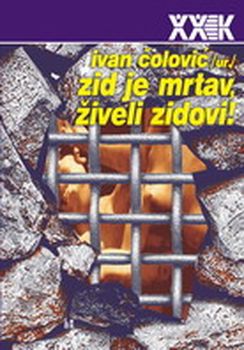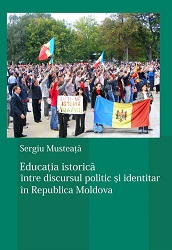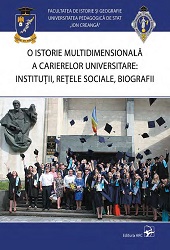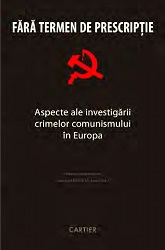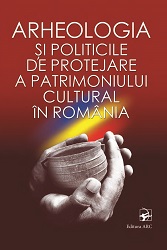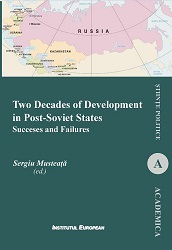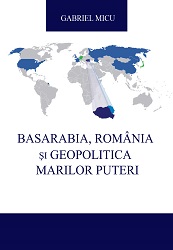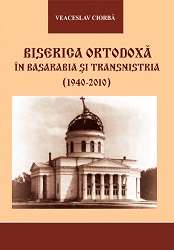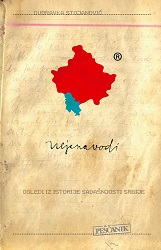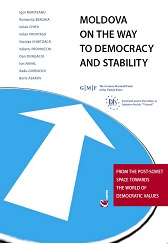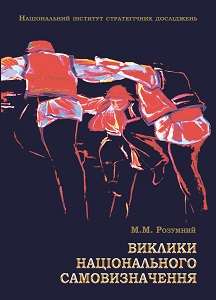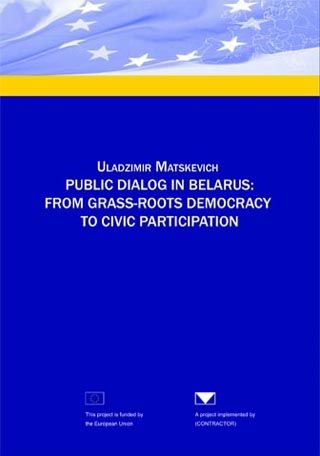Author(s): Sergiu Musteaţă / Language(s): Romanian
The work is the result of the project Geschichtslehrbücher zwischen politischer Propaganda, nationalistischen Konstruktionen und Wissenschaft. Untersuchungen zur Entwicklung des Schulfaches Geschichte in den posttotalitären Staaten Südosteuropas am Beispiel der Republik Moldau, der Ukraine und Rumänien started in 2005 and completed in 2008, implemented in partnership with „Georg Eckert” Institute for International Analysis of Textbooks and due to the financial support of „Gerda Henkel” Foundation, Germany.The work comprises the following parts: introduction, the role of history in society development, teaching history in the Republic of Moldova – between ideology and propaganda, conclusions and recommendations, sources and bibliography, summary in English and index of names, the main text being enriched with tables, annexes, and pictures.In Chapter I, The Role of History in Society Development, the author approaches several aspects regarding history as science, the relations between history and politics, the right of every citizen for access to authentic history, relations between history education and national identity, the role and importance of history in the system of education, the place of history curriculum in the national system of education and the importance of the school textbook in achievement of the educational objectives.In Chapter II, History Teaching in the Republic of Moldova: Between ideology and political propaganda, the following issues are discussed: the policy of the Communist Party in the Soviet times – pollution of history science, from the national idea to the national curriculum (1988/89-2001), development and publishing of the school history textbooks (1991-2009), history between reform and counter-reform (2001-2009) and history teaching in Transnistria separatist region.The author comes with the list of conclusions and recommendations. In the Republic of Moldova there is no unity and continuity in history teaching. Frequent interventions in history teaching have not allowed forming qualitative history education in citizens. For reconciliation in history teaching and historical content in the Republic of Moldova, some specific steps are to be taken in the following fields: politics, finance, and administration; publishing, curriculum design, and textbook development, as well as printing and dissemination of textbooks. Thus, the author recommends the Government of the Republic of Moldova: to carry out a series of actions through which they will ensure that education is a national priority; to provide a legal and legislative background for qualitative education; to develop mechanisms of public debates on educational policies; to bring contribution to the development of national publishing industry based on the principles of competition; to support research referring to textbook development and assessment; to promote and facilitate exchange of information regarding research in the field of curriculum and educational materials; to develop partnerships among governmental and non-governmental institutions expressed in partnership agreements, as well as agreements between two or more parties in the field of educational policies; to establish forms of regional cooperation in the field of history teaching in order to educate young generations for better understanding between neighbors; to promote mutual understanding among nations that would help understand everybody and fight prejudice and mutual outcast; to facilitate and encourage contacts among professional associations of historians and teachers at both the national and international level in order to allow exchange of experience, ideas, and suggestions on curricula, textbooks, teaching methods, and research in history.
More...
